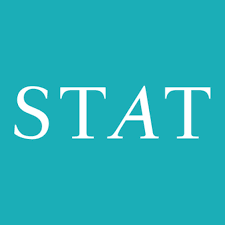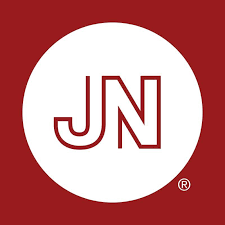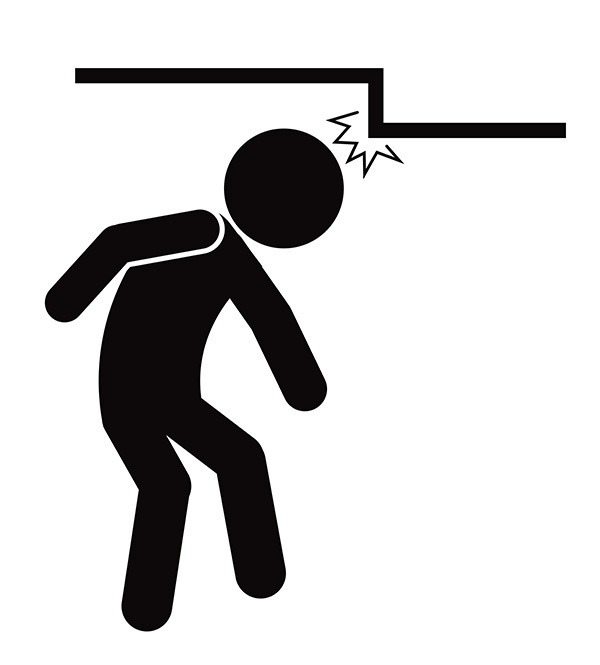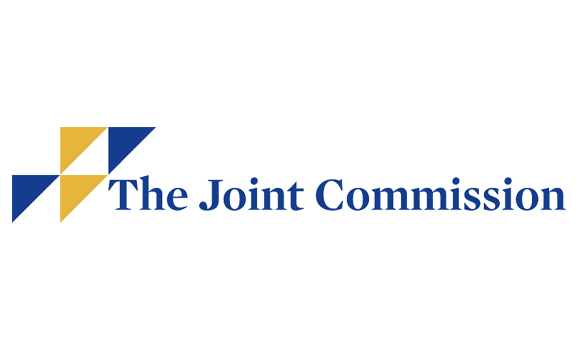
Editor's Note In an opinion piece published by STAT on October 30, authors Judy Stone, MD, retired infectious disease physician, medical journalist, and author, and Judith Feinberg, MD, professor of medicine/infectious disease and professor of behavioral medicine and psychiatry at the West Virginia University School of Medicine, argue that new…

Editor's Note Financial hardship is widespread among the US healthcare workforce, with the lowest-paid workers facing rates of poverty and food insecurity comparable to those seen in the general population, JAMA Network October 22 reports. Drawing from 2020–2023 data in the US Census Bureau’s Survey of Income and Program Participation, researchers…

Editor's Note The dismantling of the National Institute for Occupational Safety and Health (NIOSH) jeopardizes worker safety nationwide and risks reversing decades of progress, New England Journal of Medicine October 4 reports. In April, sweeping federal workforce reductions eliminated more than 80% of NIOSH staff, closing laboratories and freezing core…

Editor's Note The FDA has issued a Class 1 recall—the most severe category indicating risk of serious injury or death—for Draeger Filter SafeStar 90 Plus (MP05785), Filter SafeStar 55 Plus (MP05790), Filter SafeStar 60A Plus (MP05795), and Filter/HME TwinStar HEPA Plus (MP05801) breathing system filters, affecting all lot numbers. Draeger…

One of the most sobering moments in the career of anesthesiologist Cornelius Sullivan, MD, occurred not as a caretaker in the OR, but as a patient in the emergency department. Having been knocked out cold by a low-hanging monitor during a surgical procedure at Boston Children’s Hospital, he had to…

Editor's Note The Joint Commission and the Coalition for Health AI (CHAI) are partnering to set national standards for responsible artificial intelligence (AI) use in healthcare, according to a June 11 announcement from the organizations. This effort will deliver AI implementation guidance, tools, and a certification program to over 80%…

Editor's Note An AI-powered wearable camera has achieved 99.6% accuracy in detecting potentially deadly drug mix-ups, including in the OR, NBC News reported May 25. Developed by Kelly Michaelsen, MD, at UW Medicine, the smart glasses scan medication labels in real time, alerting anesthesia providers to syringe-vial mismatches before drugs…

Editor's Note An adult oncology specialty hospital has significantly improved staffing precision and fiscal accountability by replacing traditional 12-hour staffing assessments with a dynamic 4-hour model, according to a May 16 article in Oncology Nurse Advisor. The tool allows nurse leaders to match resources to fluctuating patient needs in near…

Editor's Note AI systems are only as secure and reliable as the data that powers them. That’s the central message of a guidance sheet jointly issued May 22 by the NSA, CISA, FBI, and cybersecurity agencies from Australia, New Zealand, and the UK. The document outlines best practices for securing…

Editor's Note AI-powered attacks are breaching not only firewalls, but also hospital walls. That’s the urgent takeaway from a May 20 report from Black Book Research on the Black Book Q2 2025 poll, which reveals that while 93% of healthcare cybersecurity leaders feel confident in their digital defenses, only 18%…